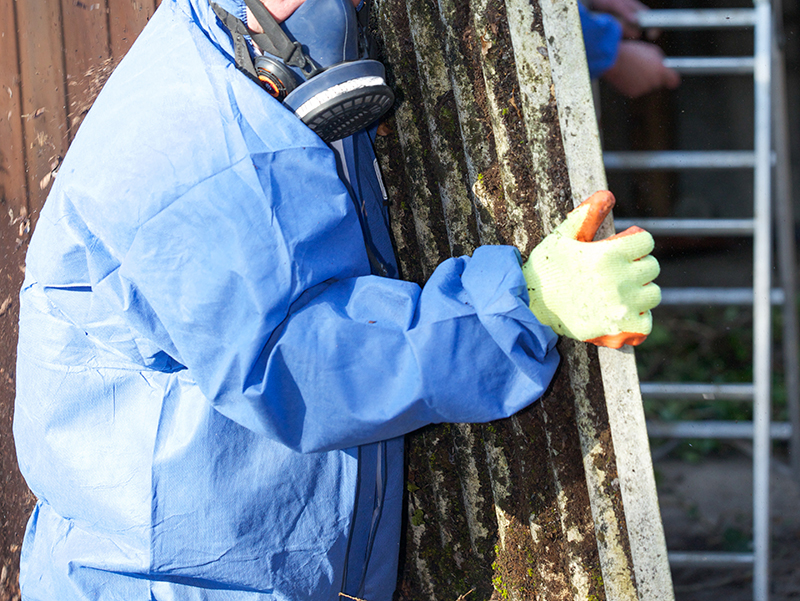
January 17, 2019
By David J. Oberly
Is a purchaser of contaminated property on the hook for environmental cleanup costs that take place prior to the time the property was acquired? In Pennsylvania Dept. of Environmental Protection v. Trainer Custom Chemical, LLC, No. 1702607 (3d Cir. Oct. 5, 2018), the Third Circuit Court of Appeals recently considered this issue issue—and answered the question in the affirmative—holding that a current owner of real property is liable under both the Comprehensive Environmental Response, Compensation, and Liability Act (CERCLA) and Pennsylvania’s Hazardous Sites Cleanup Act (HSCA) for all response costs in an environmental cleanup, including those costs incurred prior to the landowner’s purchase of the contaminated property. The Third Circuit’s decision is a noteworthy one—and one that undoubtedly has a significant impact on entities considering the purchase of property where hazardous substances have been released—as such purchasers run the significant risk of being on the hook for the entirety of the cost to remediate the contaminated property, including even those costs that were incurred prior to the time the buyer assumed ownership of the property.
Trainer Custom Chemical, LLC acquired a property located in Trainer Borough, Pennsylvania, from Stoney Creek Technologies after Pennsylvania’s Department of Environmental Protection (PADEP) had already incurred over substantial, unreimbursed environmental cleanup costs at the site. In addition, the cleanup costs continued to mount following Trainer’s acquisition of the property, adding to the costs incurred by PADEP.
PADEP sued Trainer and the two principals for violations of CERCLA and HSCA (Pennsylvania’s state law counterpart to CERCLA), and sought to recover all of its response costs related to the site, regardless of when those costs arose. On appeal, the Third Circuit was required to determine whether the owner of a piece of land (in this case, Trainer) is liable for the costs of an environmental cleanup that took place there before the owner acquired it. Section 107(a) of CERCLA provides that “the owner . . . of . . . a facility . . . shall be liable for . . . all costs of removal or remedial action incurred by . . . a State . . . not inconsistent with the national contingency plan[.]” Section 107(a)(4)(A) of CERCLA gives states “the right to recover costs incurred in cleaning up a waste site from ‘potentially responsible parties’ (PRPs)—four broad classes of persons who may be held strictly liable for releases of hazardous substances that occur at a facility.” The first of those four classes of PRPs is the owner or operator of a facility.
The Court answered this question with a resounding yes, finding that—given the structure and text of CERCLA—a current owner under § 107(a)(1) is indeed liable for all response costs, whether incurred before or after acquiring the property. As such, the court held that Trainer was liable for the removal costs at the site, regardless of when those costs were incurred, making it liable under both CERCLA and HSCA.
The Trainer decision is significant for both prospective purchasers and current owners of contaminated property, as the opinion makes crystal clear that property owners and developers may be responsible for all environmental cleanup costs for a given property, even if those costs were incurred prior to the time the property was acquired. As such, prospective buyers of contaminated property must now consider not only the possibility that they may be responsible for cleaning up contamination that was not caused by the buyer, but also that they can be on the hook for reimbursing the government for the entirety of response costs incurred at the property, including those incurred prior to the buyer’s purchase of the property.
In addition, the Trainer opinion also clearly illustrates the importance of environmental due diligence in real estate transactions, which is essential in order to determine a property’s history and condition, as a purchaser of property will assume responsibility for the entirety of the property’s environmental history unless appropriate precautions are taken by the purchaser. Similarly, parties must be extremely cautious and careful during the drafting phase of the transactional process to avoid the potential pitfalls posed by commercial sites, which can be minimized or extinguished through the use of appropriate indemnification, risk shifting, or cost-allocation measures.
 David J. Oberly is an associate in Blank Rome LLP’s Cincinnati office where he focuses his practice on all aspects of environmental law, including litigation and enforcement, compliance and regulatory advice, due diligence and transactional advice, policy development, and business transactions. He may be reached at doberly@blankrome.com.
David J. Oberly is an associate in Blank Rome LLP’s Cincinnati office where he focuses his practice on all aspects of environmental law, including litigation and enforcement, compliance and regulatory advice, due diligence and transactional advice, policy development, and business transactions. He may be reached at doberly@blankrome.com.
Scott Ellyson, CEO of East West Manufacturing, brings decades of global manufacturing and supply chain leadership to the conversation. In this episode, he shares practical insights on scaling operations, navigating complexity, and building resilient manufacturing networks in an increasingly connected world.